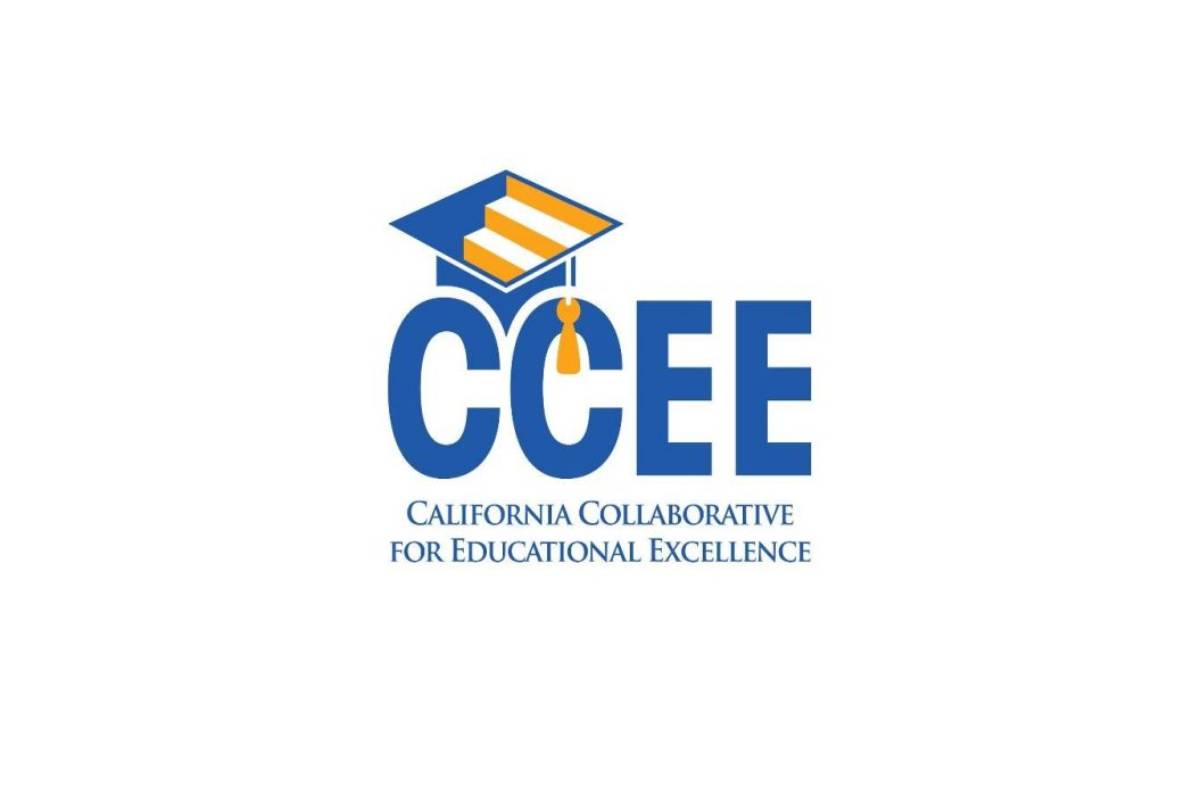The California Collaborative for Educational Excellence (CCEE) met on Sept. 29 to receive updates on a number of topics, including direct technical assistance efforts, universal preK implementation initiatives and microlearning modules for individuals providing instruction for students.
Microlearning modules, brief videos led by “master teachers” who share concepts, tools and resources to support substitute teachers, paraeducators and non-certificated instructional staff, were soft launched by the organization over summer and have received positive feedback.
Video topics range from managing noise levels in classrooms to best practices for physical education and how to use the guided inquiry process.
CCEE staff will now turn its attention to finding additional educators to record videos to expand the library and getting the materials directly to those who need them.
Universal preK
CCEE’s Transformative Systems for Equitable Educational Center has been working with the California Department of Education to find ways to build capacity at county offices of education so they can serve as a backbone of support for districts as they implement universal preK.
As Deputy Executive Director Chris Hartley noted, universal preK efforts are complex and vary by community.
The center has partnered with Santa Clara County Office of Education and other COE leaders from throughout the state to mobilize universal training opportunities, Hartley said. “I’m really pleased to share that we had [all] 58 county offices in attendance … we had full participation across the state,” he said.
Teams learned about universal supports in hopes there will be a consistent approach to working with districts. Out of conversations with COE leaders, CCEE found that there is a need for more training around blending funding types for various projects and is developing a series of sessions on the topic.
Direct technical assistance
CCEE’s Teaching, Learning & Leading Center (TLLC) gave an update on its systemic instructional review (SIR) redesign.
Six SIR processes have happened thus far with districts. The process involves collaborative work with teams from local educational agencies and COEs and results in changes both within school systems and how CCEE supports them. As the TLLC prepares to take on new partner LEAs, it is redesigning the SIR process to better its impact on school improvement.
The new SIR approach includes three phases: listening and learning, data gathering and quality improvement cycles.
Lasting 10 to 16 weeks, the listening and learning phase involves convening LEA and COE members to establish a district leadership team (DLT). A direct technical assistance team (DTA) works with the DLT to learn the LEAs’ current state and find how they can boost efforts to achieve Local Control and Accountability Plan initiatives around improved student outcomes. Professional development also takes place.
The second phase, SIR data gathering, lasts 14 to 18 weeks and includes the DTA team and DLT teams coming together for data collection. They use data to know what’s working well and identify areas of improvement in the LEA’s educational system. The findings are summarized, and goals are established to improve the LCAP and aid in budget development.
In phase three, quality improvement cycles, improvement coaches from TLLC and professional experts “work closely with the LEA and COE to guide and support them in deepening systems change through the quality improvement process,” according to staff. Coherence within the leadership system is built to improve systemic chance and achieve better outcomes for students.
Direct technical assistance partners who have been working with CCEE include Inglewood Unified School District, Oakland USD, Sacramento City USD, Vallejo City USD, Mt. Diablo USD and Salinas Union High School District.
In Valley City USD, the focus is on improving literacy and building capacity to do learning walks with district and school site leaders. Mt. Diablo USD is working to improve instructional leadership and strengthening K-8 standards-based math instruction while Sacramento City USD is implementing a Multi-Tiered System of Support.
The redesign of SIR materials will conclude in February.
The TLLC is also “getting to the classroom level around school turnaround practices” through participation in the intensive support model, according to CCEE Deputy Executive Director Stephanie Gregson.
Working with schools in Sacramento City USD, Vallejo City USD, Inglewood USD, Madera USD and Fillmore USD, “the big idea of this is to learn from other educators what transformational change requires, looks like and feels like for district turnaround,” Gregson said.
Through the model, schools work with leadership and content coaches to create a collaborative culture where learning and results matter. Guiding coalitions will help solve systems issues that could be barriers to student learning.
Annual report
Staff also presented the organization’s 2021–22 annual report, which includes information on how CCEE supports LEAs. CCEE collaborated with more than 250 LEAs and took part in more than 290 strategic engagement opportunities across all its initiatives.
Initiatives for 2022–23 include work around research learning networks to offer support for LEAs via facilitated learning networks that focus on local problems of practice identified through their LCAPs; research practice partnerships to support collaborative partnership agreements with LEAs interested in getting research support related to implementing early-stage projects/programs around improving student outcomes; transformative education where CCEE, state agencies and other educational partners will offer resources and supports around expanded learning opportunities programming, universal transitional kindergarten and community schools partnerships; and the intensive support assistance model, which is a partnership between CCEE and LEAs to provide them an intensive approach to training and capacity building efforts for leadership staff as well as targeted coaching for teachers.
The 2021–22 annual report’s findings are available for the public to view in the form of a digital magazine.
CCEE will meet next on Dec. 1.



